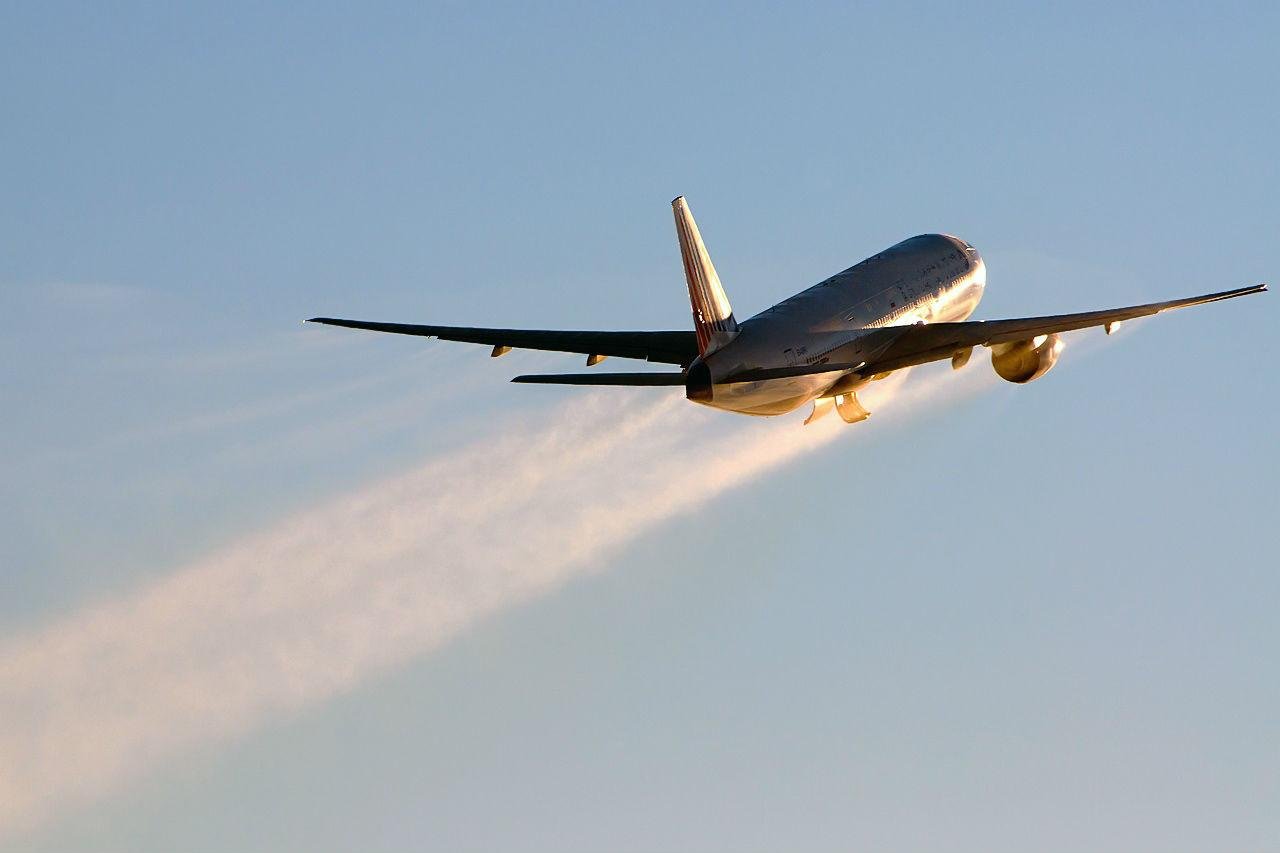
Aircraft and engine leasing specialist Dragon Aviation Capital is prioritizing records digitalization as part of a future strategy to further embed new technologies into the business.
Jefferson Ding, team leader of aircraft asset management at Dragon Aviation Capital (DAC) in Singapore, says he has witnessed a shift toward the digitizing of asset records handling and he believes the segment has been progressive in its embrace of new technologies, such as the Global Aircraft Trading System (GATS) tool.
“It has been a tried-and-tested process and in line with the resurgence of available cloud services, and maintenance records management platforms as well as digitizing of managing aircraft records, aircraft asset management and transitions will be the new standard practice,” he says.
“These digitized records are maintained in a secured cloud service accessible to anyone who is authorized to access it from wherever their location may be,” Ding explains.
The past year has been dominated the COVID-19 crisis, a period during which more aviation companies have tapped into digital platforms in areas such as fleet management and maintenance planning. In the leasing segment specifically, examples of this are using digital platforms to oversee aircraft lease returns, aircraft pre-purchase inspections or aircraft acquisitions and maintenance checks.
“We have gained much knowledge from all these new experiences and will continue to do so as we are pressed to adapt to the new norm,” Ding says.
Ding pinpoints a particular step change brought about by the virus and a shift toward digital technologies. “There’s an increasing trend of Asia-Pacific based airline operators and their MRO spin-offs engaging in third-party services providers like DAC to provide digitalization of historical aircraft records for routine operation and advanced preparation of aircraft and engine end-of-lease projects,” he adds.
This is done through DAC’s existing aircraft records scanning services, which tailors the digital documents to the lessor’s or operator’s requirements and makes them fully searchable through optical character recognition (OCR) text. “These digitized records are maintained in a secured cloud service accessible to anyone who is authorized to access it from wherever their location may be,” says Ding.
During this time, DAC has also expanded the business beyond aircraft into engine leasing, where it provides asset management services. “We have placed some engines, including V2500-A5s and CFM56-5Bs, on lease in the past year along with auxiliary power units and landing gears,” he says.
In terms of market recovery, Ding believes the Asia-Pacific region will climb back to around 50% of its pre-COVID-19 levels by 2022. However, the leasing segment could be much changed long-term owing to the crisis. “The continued deterioration in the financial health of airline customers means that aircraft lessors would still face more collection issues or be forced to offer more rental deferrals,” he says.
“Additionally, lessors’ revenues and earnings would also take a further hit if they are forced to remarket repossessed aircraft and renew leases at weaker rates due to the significant demand-supply imbalance," says Ding. "However, the impact will vary depending on the lessor’s asset quality and digitized records will have a key role in this as well.”





